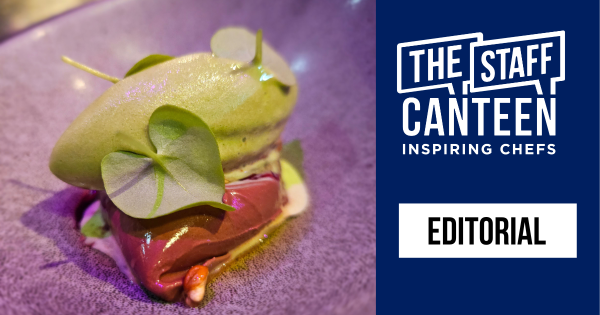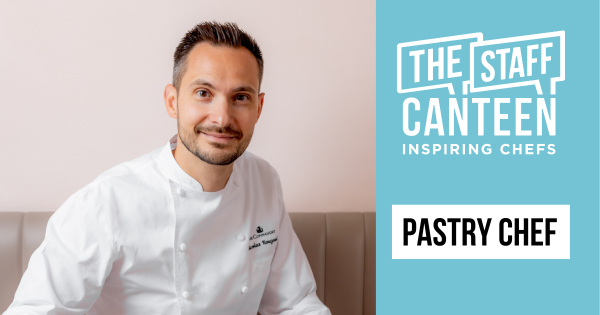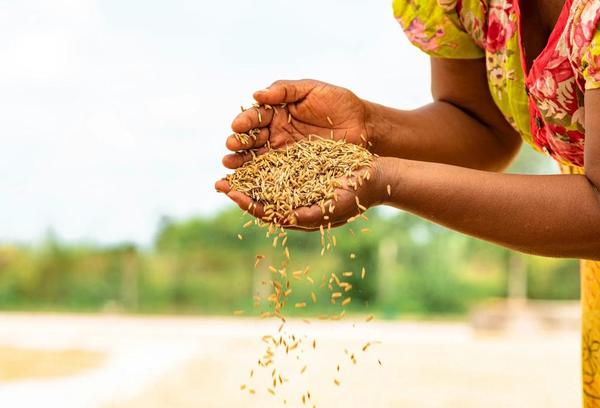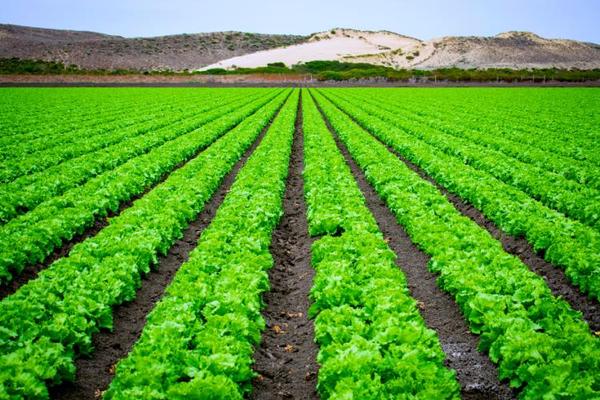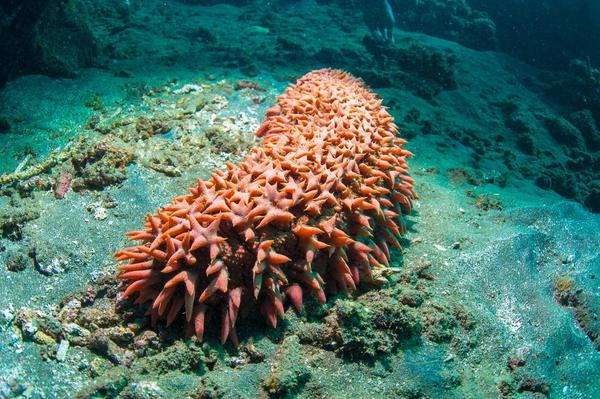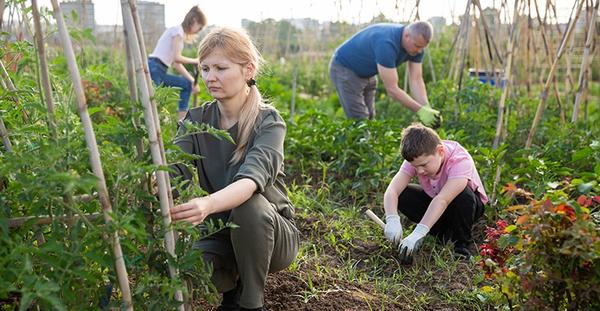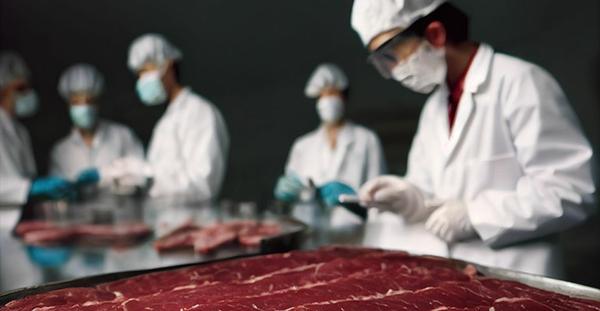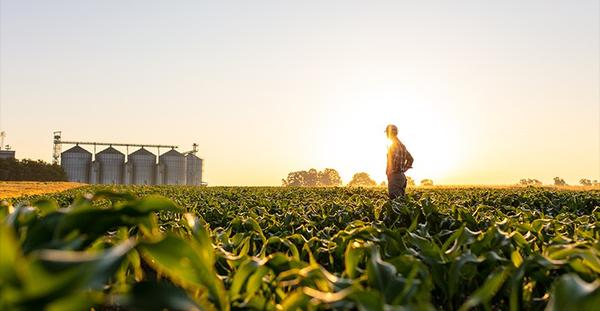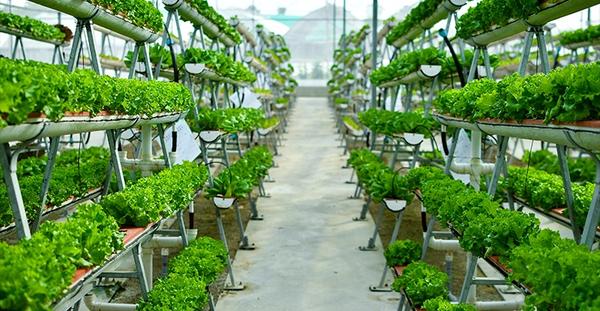
Tom Hanlon Restaurant Manager Northcote Hotel: “Skills can be taught, but that attitude to succeed and better yourself comes from within”
“Although it might sound cheesy, it’s my team and peers’ dedication and desire that inspires me every day,” Tom Hanlon, Restaurant Manager at Michelin-starred Northcote Hotel and Restaurant, told The Staff Canteen when we sat down for a chat about his culinary career to date.
